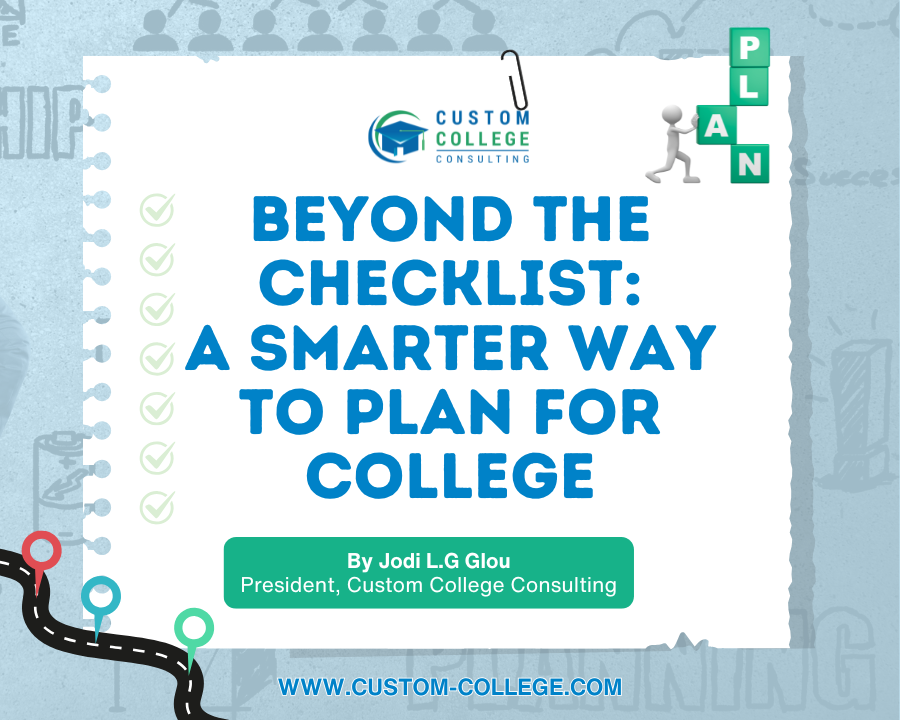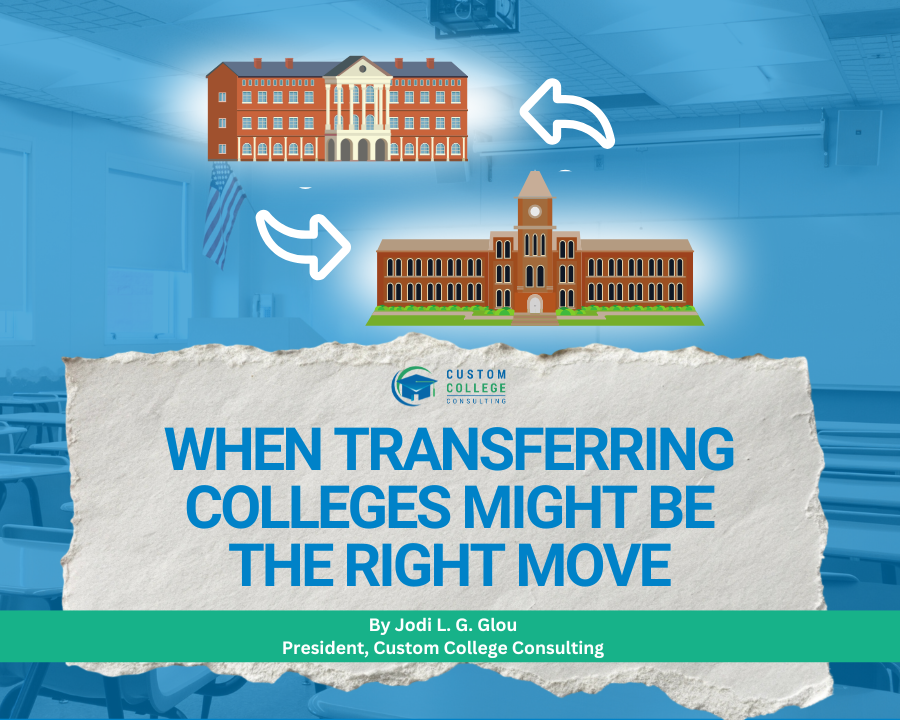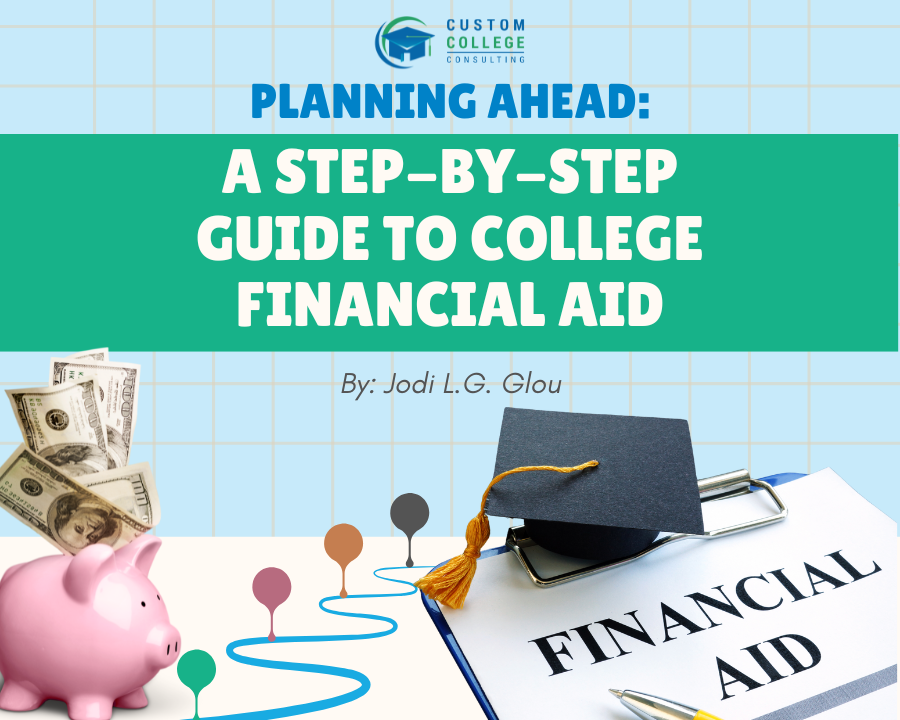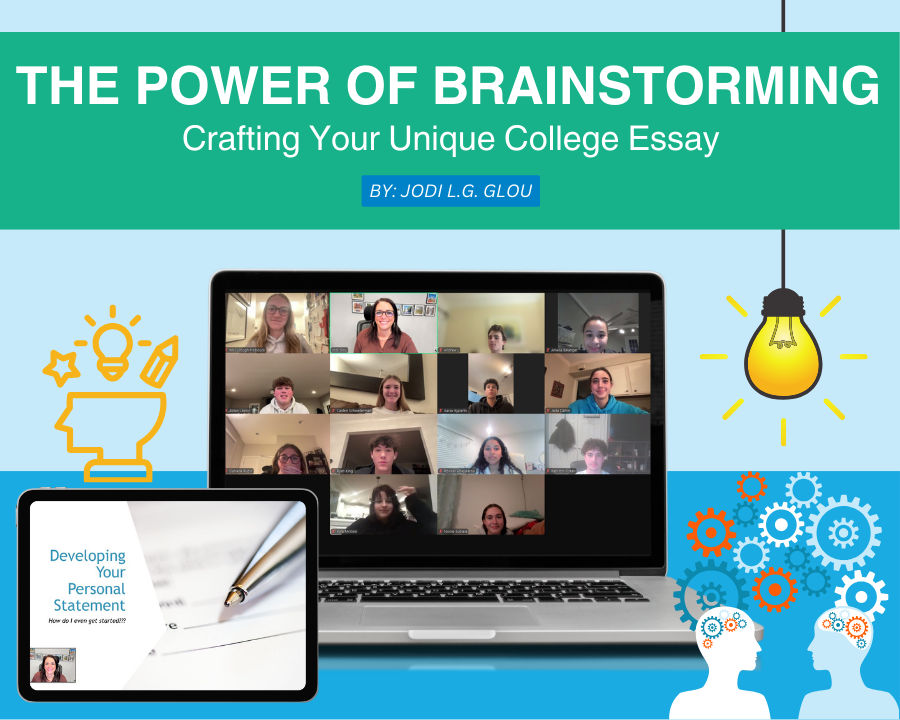Navigating the Academic Maze: Choosing the Best Courses for College-Bound High Schoolers

Embarking on the journey from high school to college is an exciting and transformative time in a student's life. Oftentimes, students struggle with what courses to take in order to enhance their individual student profiles. Meeting or surpassing the minimum GPA and achieving above-average test scores often increases an applicant’s chance of acceptance. However, this formula may not hold true for colleges with highly competitive admissions. When crafting your high school schedule, it's essential to consider your future college plans. Colleges scrutinize the specifics of the courses you choose, making your class selection a crucial aspect of the admission process.
This blog will explore strategies for selecting the best courses that align with your interests, goals, and future aspirations.
Assess Your Interests and Goals
Before diving into course catalogs, take the time to reflect on your interests, strengths, and areas for growth. Consider your passions, preferred learning styles, and the subjects that ignite your curiosity. Knowing yourself will lay the foundation for selecting courses that not only fulfill requirements but also resonate with your personal and academic journey.
Challenge Yourself, but Be Realistic
Colleges value students who demonstrate academic rigor. While it's essential to challenge yourself with advanced courses, it's equally important to be realistic about your capabilities. Striking a balance between challenging classes and maintaining a healthy workload is key. Don't overload yourself to the point of burnout; instead, choose courses that inspire growth and curiosity.
Understand College Requirements
Different colleges have different admission requirements. Research the colleges you're interested in to understand their expectations. Some colleges may prioritize specific subjects or look for a diverse range of courses. Tailor your high school course selection to align with the expectations of your target colleges.
This is especially important because many institutions have requirements that vary greatly from high school requirements. In fact, the graduation requirements at many high schools meet the minimum basic requirements for college. While some high schools also require a world language, technology, arts, and physical education requirements, others may consider them optional. For example, in high school, students often need four years of English and three or four years of math, science, and social studies to graduate. However, many colleges and universities set higher admissions requirements.
Be sure to research the admission policies at your top choice institutions and see what they recommend before finalizing your schedule.
Explore Electives and Extracurriculars
High school is an excellent time to explore your passions through electives and extracurricular activities. Consider courses that align with your hobbies or allow you to develop new skills. Engaging in extracurriculars not only adds depth to your college application but also enhances your overall high school experience.
Balance Rigor and Manageability
By enrolling in Advanced Placement (AP), International Baccalaureate (IB), and dual enrollment courses, you are demonstrating to an admissions team that you are willing to challenge yourself. These courses can provide college credits and demonstrate your ability to handle college-level coursework.
It's tempting to load up on advanced courses and extracurricular activities to impress college admissions officers. While challenging yourself is commendable, it's crucial to strike a balance. Choose a mix of challenging and manageable courses to ensure you can excel academically while maintaining a healthy work-life balance. Think quality over quantity.
Navigating the college course selection process requires careful consideration and planning. By assessing your interests, setting realistic goals, and seeking guidance, you can create a course schedule that not only meets graduation requirements but also propels you toward a successful college experience. Remember, it's not just about the destination; it's about the journey of self-discovery and growth that comes with thoughtful course selection.










